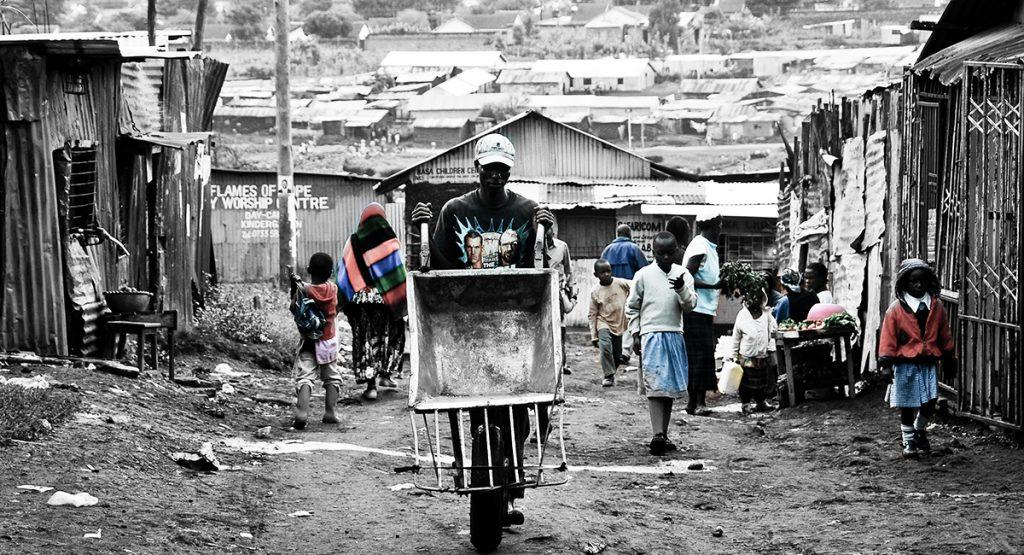Extroverts are known to be inviting, easy to agree with, and very confident in social circles. Simply put, anyone referred to as the life of the party, is an extrovert. It is harder for others to see an extrovert as anything more than that. Remember the story of Cinderella? Everybody loved her in a glass slipper and they could hardly imagine that she was the same girl that was locked in the house on the night of the ball. Moral of the story? Just because someone is happy, outgoing, sociable, warm, and gorgeous does not mean that they do not suffer from depression.
The way introverts experience depression is different from the way extroverts suffer depression. Depression in extroverts goes against the norms of depression. Extroverts enjoy being around people because they draw their energy from others. Normally depressed people don’t like being around people. An extrovert finds it hard to be happy on their own and depends on the presence of others to be happy. They have a lot of energy and will always be loud and active to retain the presence of others. This will lead to a lot of fatigue.
A depressed extrovert feels that they are not allowed to be depressed because it is their role to fix things. Rarely will people ask them how they are doing because people assume that extroverts have no real problems? This is because extroverts always seem happy, composed and their life is figured out. Some extroverts cry themselves to sleep because they feel no one understands how lonely they are. After all, it is draining to be the life of the party. When left alone, the thoughts of an extrovert seem so foreign and uncertain to them.
Extroverts are very expressive. But when depressed, they lose the energy to express themselves. When depressed, extroverts feel that whatever they say is diminished and brushed off because naturally, people expect them to always be happy. As a result, extroverts are not taken seriously. People do not believe that extroverts also struggle.
Most extroverts have the constant need to be there for everyone but themselves. Or rather continuously solve everyone’s problems but their own that it has become their lifestyle. When extroverts are depressed, they are too ashamed to tell others that they need a break because their depression is serious, and even if they do joke around, they sometimes can’t get out of bed because their depression is impairing. They are embarrassed to admit they look tired because they have spent all night crying — for no reason — and confused as to why they were crying and didn’t get any sleep. The fact that extroverts cannot help others fix their problems makes it worse for them because then they are out of their element. It also makes extroverts notice their problems through magnifying lenses. This may result in anxiety, hopelessness, and a debilitating sense of self-esteem and worth.
You know how people always say, “He was so happy, and how did he end his life just like that?” “He was always there for everyone and looked like he had everything in control. What happened to him?” “How could such a happy, dedicated, enthusiastic person end his life?” They do not realize the struggle the extroverts were having inside. Depression in extroverts isn’t about being happy or being sad. It can’t be rationalized like that; it is more than that. This makes suicide cases in extroverts rather complex.
Article was written by Elizabeth Taabu
Email: taabu.elizabeth8@gmail.com



